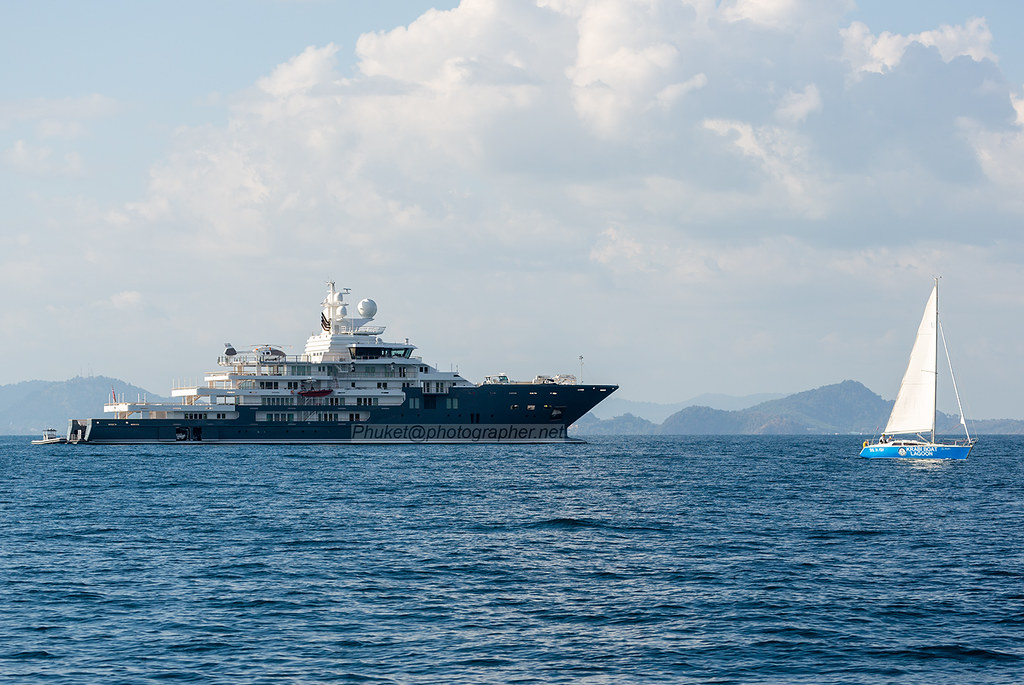Yacht Tourists to Wear Smart Wristbands
Share:

The Digital Economy Promotion Agency is going to require tourists coming to Thailand via private yachts to wear specially designed smart wristbands to allow the government to track their state of health through the entirety of their 14-day quarantine.
Unlike regular tourists, tourists aboard yachts are not compelled to disembark from their vessels to serve their quarantine in government-approved facilities. Instead, they are to stay inside their vessels for 14 days before they are allowed to leave and explore their destinations.
To create the smartbands, the DEPA is collaborating with the Advanced Info Service, a local mobile operator, and a tech startup. Tourism operators in Phuket will also be involved in this development, which is part of the government calls the “Digital Yacht Quarantine” program.
With this program in place, the government expects to earn THB1.8 billion from yacht tourism alone.
Tourism is viewed by the agency as a very ideal sector for the implementation of developments and improvements in technology.
“Tourism is a key sector where technology can be used to address the problem and boost travel,” DEPA chief executive Nuttapon Nimmanphatcharin said.
Mr. Nuttapon also highlighted Phuket’s importance as an irresistible tourist attraction, and its status as an ideal breeding ground for smart city programs.
Being a top tourist destination in the Kingdom, Phuket’s economy has experienced one of the worst slumps in history last year as a result of the pandemic. The province has lost staggering figures of revenues, to the tune of THB320 billion.
However, it is beginning to show signs of recovering, with the vaccination program in full swing. Tourism operators in the province believe that having 70% of the island’s population inoculated against the COVID-19 will be crucial to restoring confidence in its tourism industry.
DEPA will be assisting in the island’s recovery with the revolutionary new technology that it is developing with a local tech startup. DEPA has had experience since 2018 assisting hundreds of startup companies in the tech sector, spending THB700 million in this endeavor.
AIS chief enterprise business officer Tanapong Ittisakulchai said that DEPA is providing Narrow Band Internet of Things service in order to allow its startup partners to provide connectivity to the smart wristbands.
Mr. Tanapong said that this is the first time NB-IoT is available 10 kilometers from the island’s shores.
“This technology offers devices battery life of four days and is useful for low data traffic,” he described the network solution.
PMH Holding will be in charge of developing the smartbands themselves. According to the company’s business development chief, Chatchai Tangchittrong, the smart wristbands are able to monitor people’s vital statistics including pulse, blood pressure and temperature.
The devices are also programmed to send out SOS messages in cases of emergency.
The wristbands will help the relevant government agencies save money in tracking tourists, who have been observed to drop off the radar in Phuket resulting in costly search and rescue operations.
Mr. Chatchai cited his company’s experience in developing digital quarantine tracking solutions in other destinations, like Cayman Islands, and said he is confident that they will be able to apply the same technology to Thailand as well.
Source:
BangkokPost